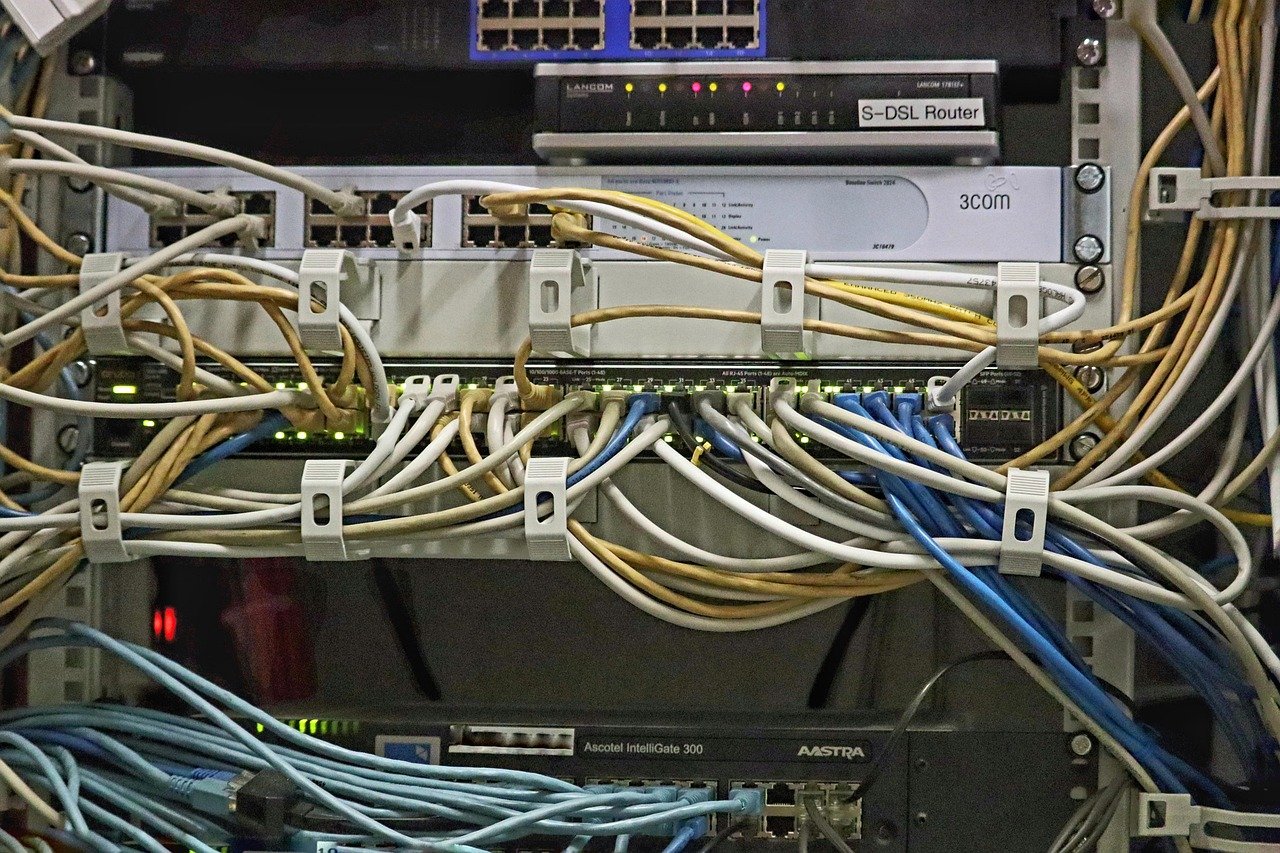In today’s interconnected world, professional success isn’t just about what you know, it’s about who you know. Networking, the strategic process of building and nurturing relationships, is a cornerstone of career advancement, business growth, and personal development. Whether you’re a seasoned professional or just starting out, mastering the art of networking can unlock opportunities you never thought possible. This guide will provide you with the insights and strategies you need to build a powerful and effective network.
Why Networking Matters
The Power of Connections
Networking isn’t just about collecting business cards; it’s about building genuine relationships that can provide support, advice, and opportunities throughout your career. Consider this: Studies have shown that up to 80% of jobs are filled through networking. That’s a significant advantage over solely relying on online job boards or traditional application processes.
- Job Opportunities: Many jobs are never publicly advertised. Networking can give you access to these “hidden” opportunities.
- Industry Insights: Connecting with professionals in your field provides invaluable insights into industry trends, challenges, and best practices.
- Mentorship & Guidance: Building relationships with experienced individuals can offer mentorship and guidance as you navigate your career path.
- Increased Visibility: Networking increases your visibility within your industry, helping you build your personal brand and reputation.
Breaking Down the Misconceptions
Many people view networking as a transactional process, focused solely on what they can get out of a connection. This approach is often ineffective and can damage your reputation. Genuine networking is about building mutually beneficial relationships based on trust and respect.
- It’s not just for extroverts: Introverts can excel at networking by focusing on quality over quantity, building deeper connections with a smaller group of people.
- It’s not just about taking: Networking should be about giving as much as you receive. Offer your skills, expertise, and support to others.
- It’s not just for job seekers: Networking is a continuous process, regardless of your current employment status. Maintaining and expanding your network is crucial for long-term career growth.
Building Your Network: Where to Start
Identifying Your Networking Goals
Before you start attending events or reaching out to contacts, take some time to define your networking goals. What do you hope to achieve? Are you looking for a new job, seeking mentorship, or expanding your professional knowledge? Having clear goals will help you focus your efforts and measure your success.
- Example: If you’re looking for a new role in marketing, your goal might be to connect with marketing managers and industry leaders in your target companies.
- Example: If you’re starting a business, your goal might be to connect with potential investors, suppliers, and strategic partners.
Leveraging Existing Connections
Start by tapping into your existing network. This includes friends, family, former colleagues, classmates, and even acquaintances. You might be surprised by the connections they have and the opportunities they can unlock.
- Informational Interviews: Reach out to people in your network and ask for informational interviews to learn about their experiences and get advice.
- Social Media: Utilize platforms like LinkedIn to reconnect with past colleagues and classmates. Update your profile and actively engage with your network.
- Professional Associations: Join relevant professional associations and attend their events to meet like-minded individuals.
Mastering the Art of Networking: Practical Strategies
Attending Events and Conferences
Industry events and conferences are excellent opportunities to meet new people and expand your network. Approach these events with a plan and a proactive attitude.
- Research the Event: Before attending, research the speakers, attendees, and agenda. Identify individuals you’d like to connect with and prepare some talking points.
- Set Realistic Goals: Aim to connect with a specific number of people at each event. Focus on building meaningful connections rather than collecting as many business cards as possible.
- Follow Up: After the event, follow up with the people you met. Send a personalized email referencing your conversation and offering to connect further.
Online Networking: LinkedIn and Beyond
In today’s digital age, online networking is just as important as in-person networking. LinkedIn is the premier platform for professional networking, but other social media platforms can also be valuable for building relationships.
- Optimize Your LinkedIn Profile: Your LinkedIn profile is your online resume and personal brand. Make sure it’s complete, up-to-date, and professionally written.
- Engage in Relevant Groups: Join LinkedIn groups related to your industry or interests. Participate in discussions, share valuable content, and connect with other members.
- Personalize Connection Requests: When connecting with new people on LinkedIn, send a personalized message explaining why you want to connect. Avoid using the generic “I’d like to add you to my professional network” message.
The Importance of Follow-Up
Networking doesn’t end with the initial connection. Follow-up is crucial for nurturing relationships and keeping your network engaged.
- Send a Thank-You Note: After meeting someone new, send a thank-you note or email within 24 hours. Referencing something specific you discussed can help personalize the message.
- Stay in Touch: Regularly engage with your network by sharing relevant content, commenting on their posts, and sending occasional check-in emails.
- Offer Value: Look for ways to offer value to your network. This could include sharing your expertise, making introductions, or providing helpful resources.
Nurturing Relationships: Long-Term Strategies
Building Genuine Connections
Networking is about building genuine, mutually beneficial relationships. Focus on getting to know people on a personal level, understanding their interests and goals, and finding ways to support them.
- Listen Actively: Pay attention to what people are saying and ask follow-up questions. Demonstrate genuine interest in their perspectives and experiences.
- Be Authentic: Be yourself and let your personality shine through. People are more likely to connect with you if they feel you are genuine and trustworthy.
- Find Common Ground: Look for common interests or shared experiences that can help you build rapport and establish a connection.
Giving Back to Your Network
The most effective networking is based on reciprocity. Look for opportunities to give back to your network by offering your skills, expertise, and support.
- Mentoring: Consider mentoring someone who is earlier in their career. Sharing your knowledge and experience can be incredibly rewarding.
- Making Introductions: Introduce people in your network who could benefit from connecting with each other.
- Sharing Resources: Share helpful articles, blog posts, or other resources that you think your network would find valuable.
Conclusion
Networking is a powerful tool that can significantly impact your career and business success. By understanding the importance of building genuine relationships, setting clear goals, and utilizing effective strategies, you can create a strong and supportive network that will help you achieve your aspirations. Remember that networking is a continuous process, requiring consistent effort and dedication. Start building your network today and unlock the countless opportunities that await.



